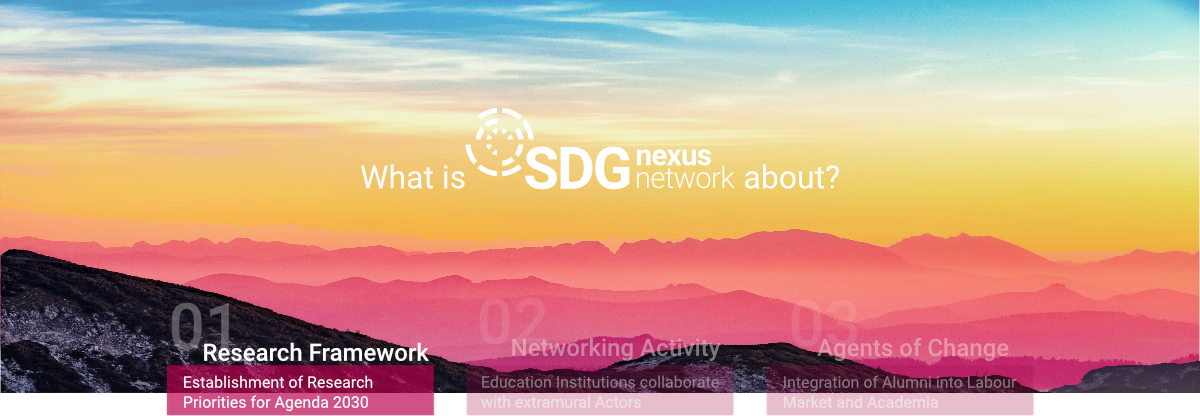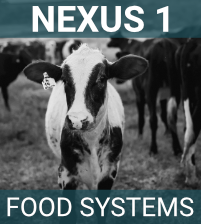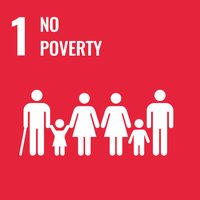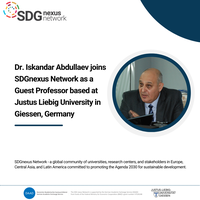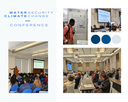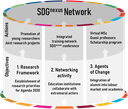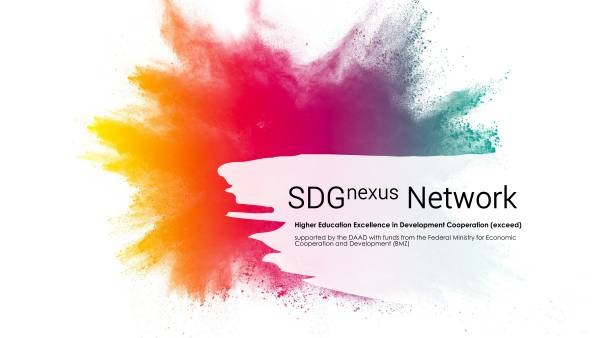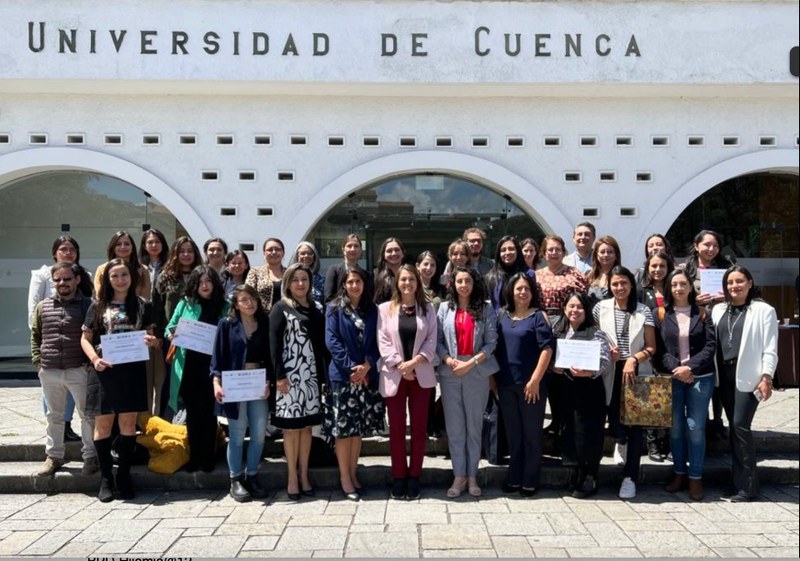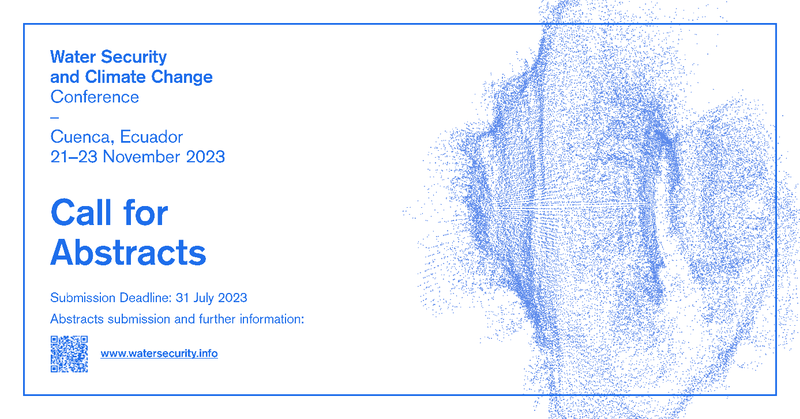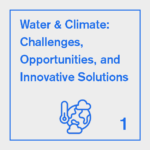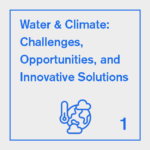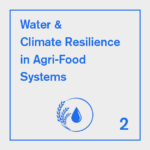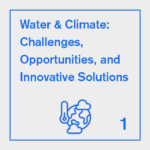SDGnexus Network
Welcome to the SDGnexus Network
- The network in brief
-
The SDGnexus Network is a global community of universities, research centers, and stakeholders committed to promoting the Agenda 2030 for sustainable development. The SDGnexus Network is a part of the DAAD “Higher Education Excellence in Development Cooperation – exceed” program and, as such, it aims to strengthen higher education for enabling effective and innovative contributions to the Sustainable Development Goals (SDGs) of the United Nations.
The SDGnexus Network has three main objectives:
- Establish common research framework through joint research projects between our network partners.
- Qualify the next generation of scientists as agents of change.
- Promote exchange and collaboration between our network of higher education institutions and extramural actors.
- Contact
-
SustainableDevelopmentGoalsnexus Network
Senckenbergstrasse 3
D-35390 Giessen
Phone: +49 641 99 12705
Fax: +49 641 99 12709
E-Mail


Research
Research
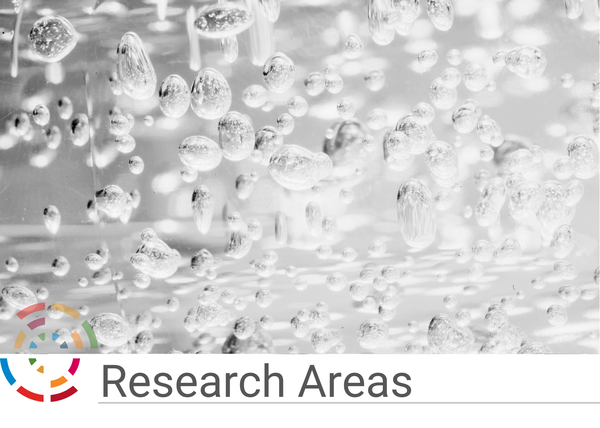 |
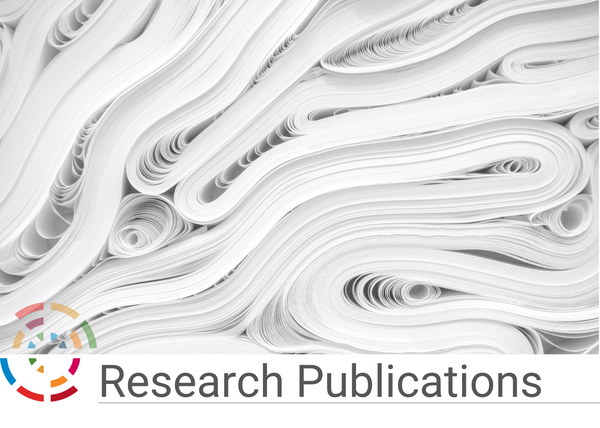 |
| The SDGnexus Network promotes the Nexus approach for the establishment of its research framework. The Nexus approach goes beyond the investigation of single SDGs and allows for flexibility in identifying vital context-specific interlinkages between SDGs. Considering the main development challenges of our partner countries and the diverse potential of our partner institutions, we have identified five Nexus areas that will serve as a stepping stone for further research on different SDGs and their interlinkages. | The SDGnexus Network Research Publications disseminates multidisciplinary research promoting the Agenda 2030 for sustainable development. Our publications encompass a range of formats, including peer-reviewed Research Papers, Books and Book Chapters, Working Papers, and Other Publications. Spanning diverse nexus areas, these research contributions collectively drive the progress of context-specific interlinkages between SDGs. |
|
Crop production and livestock husbandry are globally of tremendous importance for food security and nutrition, rural employment, and income generation... |
Rigorously peer-reviewed studies delve into the intersections of various disciplines to provide insights into sustainable development issues. |
|
Water is a vital resource for all forms of life on earth, and the use of this resource creates several synergies and trade-offs between a variety of SDGs... |
In-depth publications that offer extended explorations of critical topics, presenting holistic perspectives and analyses within the framework of sustainable development. |
|
A growing world population and demographic or socio-economic changes lead to a rapid growth of cities and involve a changing relationship between rural and urban areas... |
Timely works that capture ongoing discussions, preliminary findings, and evolving ideas, fostering open dialogue and encouraging collaboration among researchers and practitioners. |
|
The mining and consumption of raw materials such as fossil fuels and ores have shaped the earth for centuries. It sometimes led to booming economies and prosperous societies... |
Diverse content forms such as policy briefs, commentaries, and letters provide informative overviews, aiding in the dissemination of crucial knowledge to a wide audience interested in sustainable development. |
|
Education and innovation on information and communication technologies (ICTs), as well as on big data analytics, are essential tools for successful SDG monitoring... |
|
Are you interested in publishing your work in the SDGnexus Network Working Paper Series?
Please contact our Technical Editor Dr. Christoph Funk (Christoph.Funk@wirtschaft.uni-giessen.de)

Research
 |
|---|
| The SDGnexus Network promotes the Nexus approach for the establishment of its research framework. The Nexus approach goes beyond the investigation of single SDGs and allows for flexibility in identifying vital context-specific interlinkages between SDGs. Considering the main development challenges of our partner countries and the diverse potential of our partner institutions, we have identified five Nexus areas that will serve as a steppingstone for further research on different SDGs and their interlinkages. |

Research Papers
|
|
|
|---|---|
|
The research papers of the SDGnexus Network encompass a wide array of multidisciplinary studies that align with the Agenda 2030 for sustainable development. These papers are published across various nexus areas, collectively contributing to the advancement of sustainability science. |
Otrachshenko, V., Popova, O., & Tavares, J. (2020). Extreme temperature and extreme violence: evidence from Russia. Economic Inquiry, 59(1), 243-262
Books and Book Chapters
|
|
|
|---|---|
|
The books and book chapters of the SDGnexus Network encompass a wide array of multidisciplinary studies that align with the Agenda 2030 for sustainable development. These books and book chapters are published across various nexus areas, collectively contributing to the advancement of sustainability science. |
Working Papers
|
|
|
|---|---|
|
The discussion and working papers of the SDGnexus Network encompass a wide array of multidisciplinary studies that align with the Agenda 2030 for sustainable development. These papers are published across various nexus areas, collectively contributing to the advancement of sustainability science. |
Other Publications
|
|
|
|---|---|
|
Other publications (commentary, letters, policy briefs) of the SDGnexus Network encompass a wide array of multidisciplinary studies that align with the Agenda 2030 for sustainable development. They are published across various nexus areas, collectively contributing to the advancement of sustainability science. |
Letter
Policy briefs
Thesis
People & Network
With a broad cross-section of partners, the network is ideally positioned to facilitate the core objectives: Research, Networking and the training of agents of change. Find out more about our partner institutions.
News & Events
01.06.2023 - Dr. Iskandar Abdullaev joins SDGnexus Network as a Guest Professor based at Justus Liebig University in Giessen, Germany
WSCC
Water Security & Climate Change Conference 2024
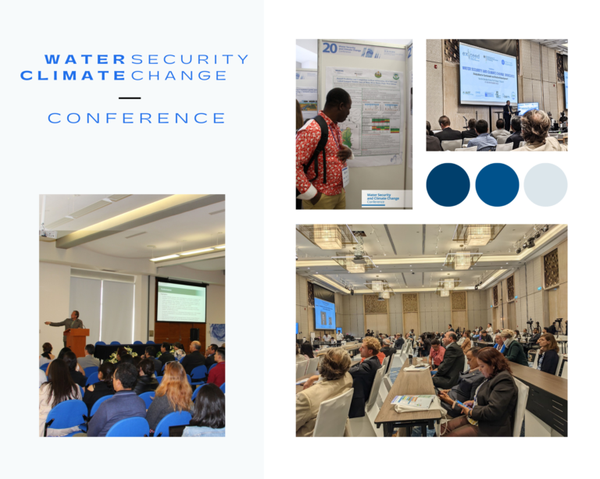
About
The Water Security and Climate Change Conference (WSCC) is an annual event where scientists, policy makers, and stakeholders from various sectors discuss the diverse facets of water security and its relationship to climate variability and climate change. The conference strives to go beyond science and build bridges between the state-of-the-art in multiple disciplines and different groups of stakeholders and practitioners. The WSCC aims to provide a platform for discussions on water and food secure societies, by creating a stimulating environment that produces innovative ideas and clear pathways towards their implementation. This successful conference has already taken place in Thailand, Germany, Kenya, Mexico, Vietnam, and Ecuador.
Background
The WSCC is an initiative of the ‘Higher Education Excellence in Development Cooperation – exceed’ program. It has been initially implemented under the auspices of the Sustainable Water Management in Developing Countries network (SWINDON) and the Centers for Natural Resources and Development (CNRD) in close cooperation with the Asian Institute of Technology (AIT). The scientific and organizational committee has been continuously expanded and today includes the Food Security Center (FSC) and the SDGnexus Network.
The network in brief
The SDGnexus Network is a global community of universities, research centers, and stakeholders committed to promoting the Agenda 2030 for sustainable development. The SDGnexus Network is a part of the DAAD “Higher Education Excellence in Development Cooperation – exceed” program and, as such, it aims to strengthen higher education for enabling effective and innovative contributions to the Sustainable Development Goals (SDGs) of the United Nations.
The SDGnexus Network has three main objectives:
- Establish common research framework through joint research projects between our network partners.
- Qualify the next generation of scientists as agents of change.
- Promote exchange and collaboration between our network of higher education institutions and extramural actors.
Contact
SustainableDevelopmentGoalsnexus Network
Senckenbergstrasse 3
D-35390 Giessen
Phone: +49 641 99 12705
Fax: +49 641 99 12709
E-Mail
Imprint & Picture Credits
Contact
SDGnexus Network
Senckenbergstraße 3
35390 Gießen
Sources
| Section | Name/ Description | Credits |
|---|---|---|
| Landing Page | Graphic | Graphic by Maraike Büst | Picture by Simon Berger from Unsplash |
| Research | Research Area | Picture by engin akyurt from Unsplash |
| Working Paper Series | Picture by JJ Ying from Unsplash | |
| Nexus 1 | Picture by Helena Lopes by Pexels | |
| Nexus 2 | Picture by Mrjn Photography by Unsplash | |
| Nexus 3 | Picture by Pat Whelen by Unsplash | |
| Nexus 4 | Picture by Pexels from Pixabay | |
| Nexus 5 | Picture by Chris Liverani by Unsplash | |
| SDG Icons & Logo | https://sdgs.un.org/goals | |
| Education | Graphic Sustainable Transition Brochure | Graphic by Till Schürmann |
| Sustainable Transition Master Programme | Picture by Fauxels by Pexels | |
| PhD Scholarship Programme | ||
| SDG related MOOCS | Picture by Startup Stock Photos by Pexels | |
| People & Network | Graphic World | Graphic designed by Maraike Büst using Freepik from www.flaticon.com (licensed under CC BY 3.0) |
| Logos of Core Partners, Collaborating Partners, JLU and other exceed Centers | The rights of all logos used belong to the facilities, projects, institutes, centers and universities. |
|
| News & Events | News | Picture by Lora Ohanessian by Unsplash |
| Events | Picture by Ono Kosuki from Pexels | |
| General | Icons & Buttons | All Icons & Buttons are designed by Maraike Büst using Freepik from www.flaticon.com (licensed under CC BY 3.0) |
Call for Guest Professorship
The SDGnexus Network at the Center for International Development and Environmental Research (Zentrum für internationale Entwicklungs- und Umweltforschung, ZEU), based at the Justus Liebig University Giessen (JLU), Germany, invites applications for a
Guest Professorship
Sustainable Development Goal Interactions
The position is available from July 01, 2024, for a period of six months.
About the SDGnexus Network
The SDGnexus Network, consisting of partners from Colombia, Ecuador, Germany, Kyrgyzstan, Tajikistan, and Uzbekistan, provides a common research framework related to the Sustainable Development Goals (SDGs) of the United Nations and aims to analyze synergies and trade-offs among individual SDGs (SDG nexus analysis). The SDGnexus Network intends to prepare the next generation of scientists by implementing a variety of teaching programs and training activities, with particular attention to the needs of junior researchers. The SDGnexus Network investigates interrelations among single SDGs within the following five focal research areas: Food systems, Water, Urban & rural areas, Natural resources, and SDG monitoring. Please find further information on the research areas at https://t1p.de/q7mw
The SDGnexus Network is supported by the DAAD with funds from the Federal Ministry for Economic Cooperation and Development (BMZ).
Your responsibilities
As a guest professor, you will
- be involved in teaching activities related the international virtual study program MSc Sustainable Transition,
- conduct research in line with one or more of the five core research areas of the SDGnexus Network,
- draft a third-party funding proposal related to one or more research areas defined above,
- support our early career scientists in their scientific development.
Please note: We expect your presence in Giessen during the entire duration of your guest professorship. A virtual participation is not possible.
Your qualifications and competences
You
- hold an excellent Ph.D. in a research field related to the SDGs,
- have a comprehensive track record of peer reviewed publications, including high level publications,
- have extensive teaching experience related to at least one of the research areas defined above,
- have a citizenship of an ODA recipient country and conduct research in Central Asia or Latin America,
- communicate fluently in spoken and written English,
- are a highly motivated person that brings curiosity in research and is committed to pursue scientific excellence in a multi-disciplinary, collaborative, and international environment.
Our offer to you
During your stay we offer
- a monthly gross salary of EUR 5,500,
- a fully equipped working place at the Center for International Development and Environmental Research based at the Justus Liebig University Giessen,
- a research network with partners from Latin America and Central Asia that grants you a close collaboration with ongoing research projects,
- a return ticket for you and optionally for family members travelling with you (spouse and minor children).
Application process
Please submit your application stating the reference code SDGNN/GP3 until March 31, 2024, using our platform: https://survey.hrz.uni-giessen.de/index.php/548931?lang=en
Applications must be submitted as a single PDF file. Only complete applications, with documents in the order listed below, will be accepted:
- Curriculum Vitae
- One-page mission statement with an outline of research interest
- Plan of proposed teaching activities
- Documentation of teaching experience (teaching portfolio)
- Academic Certificates
- List of publications
- List of external research funds
The SDGnexus Network is seeking a larger percentage of women in academia; therefore, qualified female applicants are especially encouraged to apply. The SDGnexus Network is part of the JLU, which is a family-friendly university. We therefore welcome applicants with children. We give preference to applications from disabled people of equal aptitude. For further information on the Center for International Development and Environmental Research or the SDGnexus Network see https://www.uni-giessen.de/zeu or https://www.sdgnexus.net
Please be aware that we will only contact successful applicants.

